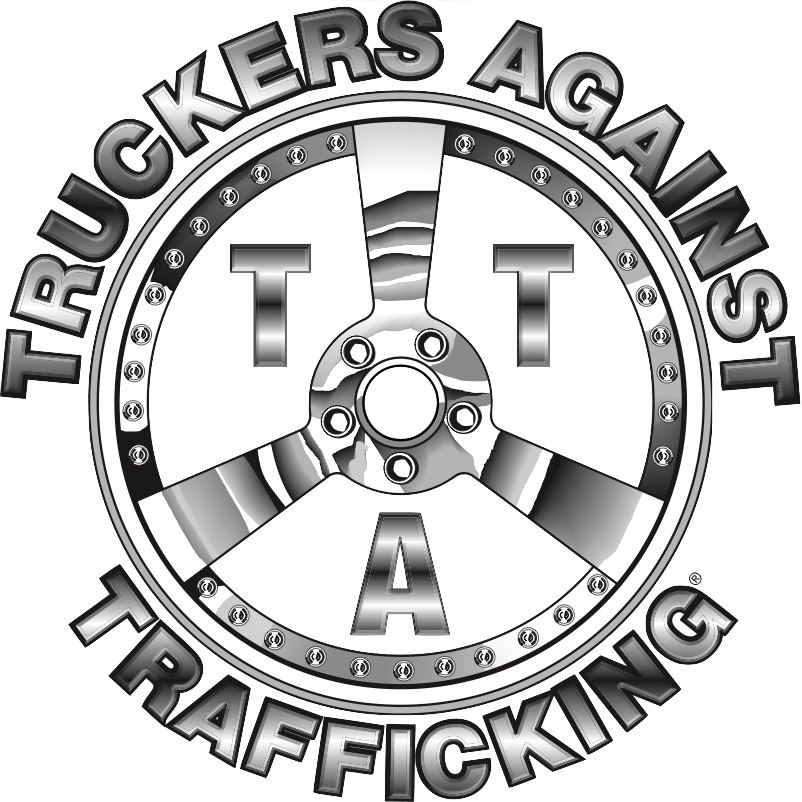The American Trucking Association reported that West Virginia lawmakers had made an important move to protect truckers legally, against “Nuclear Verdicts” lawsuit abuse. The trucking industry and truckers’ associations cheered when the new law was passed in the West Virginia Legislature.
The legislation is an important move to protect truckers from “nuclear verdicts”. Understanding that truckers are professionally trained drivers, but still subject to at-fault collisions because of the amount of time and miles they travel. In the past five years, there has been an alarming new trend that threatens both independent owner-operators and carriers.
Senate Bill 272 is the first precedent setting legislation that may be adopted by other states. West Virginia lawmakers have ‘put their foot down’ to protect the trucking industry against unreasonable and often catastrophic liability judgements. That far surpass the civil suits waged against civilian or non-commercial drivers in the same loss or injury scenarios.
Increased nuclear judgments for injuries have been sufficient to put smaller trucking companies out of business. Owner-operators also fear a civil suit with a nuclear verdict would substantially increase the cost of commercial insurance for their vehicles. To the extent that the operational cost of being an independent owner-operator would not be profitable.
Is There a Limit to the Financial Penalties for Truck Collision and Injury Cases?
There was no cap on civil liability against commercial truck drivers and carriers. But in 2019, a $7.5 million limit on liability was passed as legislation by the U.S. Circuit Court of Appeals for the 5th Circuit. However, there are other loopholes that allow for a damage and liability verdict that is much larger.
And while trucking accident rates have been in steady double-digit decline for years, the monetary value and frequency of liability verdicts against truckers has increased. And it poses a significant threat to the trucking industry.
The Number of Nuclear Verdicts Against Truckers is Increasing Rapidly
For the past five years, the United States trucking industry has seen an exponential rise in “nuclear verdicts” resulting from collisions that caused injury and loss. In spite of the fact that the number of deaths and injuries resulting from accidents with heavy trucks has been declining by double-digit numbers every year, during the same period.
It would be easy to assume the nuclear verdicts were the result of increasing negligence by truck drivers. That is not the case. In fact, the introduction of HOS (hours of service) regulations has been an important part to reduce truck driver fatigue. Hours of service regulations mandate how long a driver can operate his or her truck, before taking a mandatory rest break. The second increased safety factor are electronic logging devices (ELDs).
There has also been a recent increase to the number of claims in ‘no-fault’ collisions. Where it is the word of the truck driver against a civilian driver. Examples are when a civilian driver cuts off a trucker, resulting in a collision. For this reason, fleets and owner-operators have rapidly added dash cams to their trucks in order to defend against fraudulent accident reporting and liability claims.
One example of a recent nuclear verdict was handed down by a jury in Columbus, Georgia. The jury awarded a verdict of $280 million against Schnitzer Southeast. The verdict included $150 million in wrongful death damages, $30 million in pain and suffering and another $100 million in punitive damages.
What is a Nuclear Lawsuit and How Does it Impact the Trucking Industry?
A nuclear verdict in a trucking injury, wrongful death or catastrophic loss scenario is defined as a penalty that exceeds $10 million. However, in the past three years, judgements for loss in civil suits against truckers and carriers have been as high as several hundreds of millions of dollars.
The fallout from the monetary size and the frequency of nuclear verdicts has already been felt in the trucking industry. Large verdicts have been sufficient enough to close small to medium size carriers for good.
An Arkansas based trucking company called RCX Solutions Inc., in Little Rock, announced in March 2020 that it was filing Chapter 7 liquidation and bankruptcy. The trucking company was embroiled in a five-year legal battle against a $23 million nuclear verdict. Weakened by disruptions to freight demand because of the trade war between China and America, and then by the economic collapse caused by the Covid-19 health emergency, RCX Solutions Inc., sought financing to weather the storm.
Unfortunately, no banks were willing to provide the financing as the $23 million judgement hung over the carrier. The bank refused to extend the carriers line of credit. The case of RCX Solutions is not unique. And as the United States trucking industry continues to see increased demand for over-road logistics services, and a severe shortage of experienced CDL truckers, the threat to take more trucks off the road could stifle economic growth and supply chains.
The Federal Motor Carrier Safety Administration (FMCSA) Insurance Requirements
Another inaccurate assumption about truckers and carriers, is that they are not carrying sufficient liability insurance to cover the cost of nuclear verdicts. That is not true. In fact, the FMCSA mandates certain minimums for insurance coverage for federal compliance.
Interstate truckers and carriers must meet minimum limits established by the FMCSA depending on the type and gross weight of the cargo being transported.
- Non-hazardous freight moved in vehicles under 10,001 lbs. requires $300,000 in coverage.
- Non-hazardous freight in vehicles over 10,001 lbs. requires $750,000 in coverage.
- Oil moved by for-hire and private carriers must have $1,000,000 in insurance coverage.
- Other hazardous material moved by for-hire and private carriers must have $5,000,000 in insurance liability protection.
While not required for compliance with the FMCSA, independent owner-operators and carriers can hold cargo insurance (for loss, theft or damage). This is standard in the industry and for interstate cartage and covers the cost of cargo replacement in the event of loss.
Bobtail insurance is also available for truckers. This applies for owner-operators who have carrier leases (contracts) which determine the limit to the carrier’s liability for loss, damages and injury. And additional physical damage insurance is common, for vehicle repair or replacement in the event of a collision.
For truckers driving a semi with a lease to a motor carrier, the current cost of insurance ranges from $3,000 to $7,000 per year. For owner-operators that do not take leased contracts (entirely independent), that cost can be as high as $9,000 to $14,000 per year.



